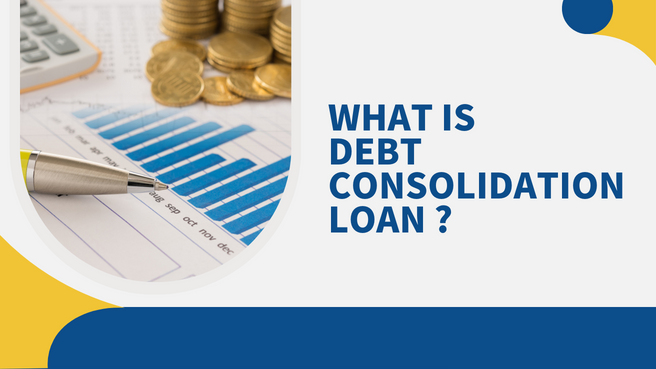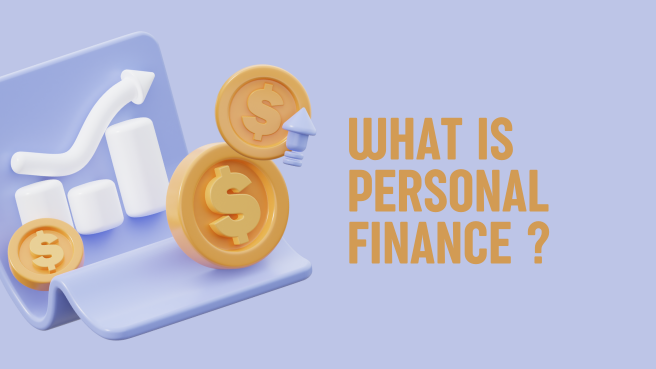In today’s financial landscape, navigating through debts can be a daunting task for many individuals. With various loans, credit card bills, and other financial obligations piling up, managing them efficiently becomes a crucial aspect of financial health. This is where a debt consolidation loan comes into play, offering a streamlined approach to handling multiple debts. This article aims to demystify the concept of a debt consolidation loan, provide insights into how it works, and explore its benefits and considerations, ensuring that you are well informed about this financial service.
Understanding Debt Consolidation Loan
A debt consolidation loan is a type of loan specifically designed to simplify your financial life. Imagine you have multiple debts, such as credit card debts, personal loans, medical bills, or any other unsecured loans, each with its own interest rate and monthly payment. Managing all these can be overwhelming. A debt consolidation loan combines these multiple debts into a single loan, with one monthly payment, often at a lower interest rate. This not only makes managing your finances easier but can also save you money on interest over time.
The primary purpose of a debt consolidation loan is to provide relief to individuals who are juggling multiple payments. By consolidating debts, you can focus on a single payment, making it easier to plan your finances and, potentially, pay off your debt faster.
How does it Work?
The process begins with the borrower applying for a loan with a lender that offers debt consolidation loans. The amount borrowed should cover the total of the debts you wish to consolidate. Once approved, the lender will typically pay off your existing debts directly, or you will receive the loan amount to do so yourself. Consequently, all your previously separate debts are now combined into one.
The new loan will have its own terms, including interest rate, repayment period, and monthly payment amount, which are often more favorable than your original debts. The interest rate on a debt consolidation loan can be fixed or variable, depending on the lender and your credit profile.
Benefits of Debt Consolidation Loan
- Simplified Finances: Managing one loan instead of several can significantly reduce financial stress and confusion, making it easier to keep track of your debt repayment progress.
- Lower Interest Rates: If you have high-interest debts, especially from credit cards, a consolidation loan can offer a lower interest rate, which means more of your payment goes towards reducing the principal balance rather than just paying off interest.
- Fixed Payments: Many debt consolidation loans offer fixed repayment schedules, which can help in budgeting, as you’ll know exactly how much you need to pay each month.
- Potential Credit Score Improvement: By consolidating your debts and making timely payments, you can improve your credit utilization ratio and payment history, which are key factors in your credit score.
Considerations Before Taking a Debt Consolidation Loan
While a debt consolidation loan can be incredibly beneficial, it’s not suitable for everyone. Here are some considerations to keep in mind:
- Credit Score Impact: Applying for a new loan involves a hard inquiry into your credit report, which can temporarily lower your credit score.
- Fees and Charges: Some lenders may charge origination fees, closing costs, or penalties for early payment. It’s important to factor in these costs when considering a debt consolidation loan.
- Long-term Commitment: While monthly payments may be lower, the repayment period could be longer, which means you might end up paying more in interest over the life of the loan.
- Financial Discipline: Consolidating your debts does not solve underlying financial habits that led to debt. It’s essential to adopt healthy financial practices to avoid falling back into debt.
Real-Life Statistics and Data
According to a report by Experian, one of the three major credit reporting agencies in the United States, the average American had a credit card balance of $5,315 in 2020. The same report highlighted that personal loan balances had reached an all-time high, with more consumers turning to loans for debt consolidation purposes. This indicates a growing need for financial solutions that can help individuals manage their debts more effectively.



